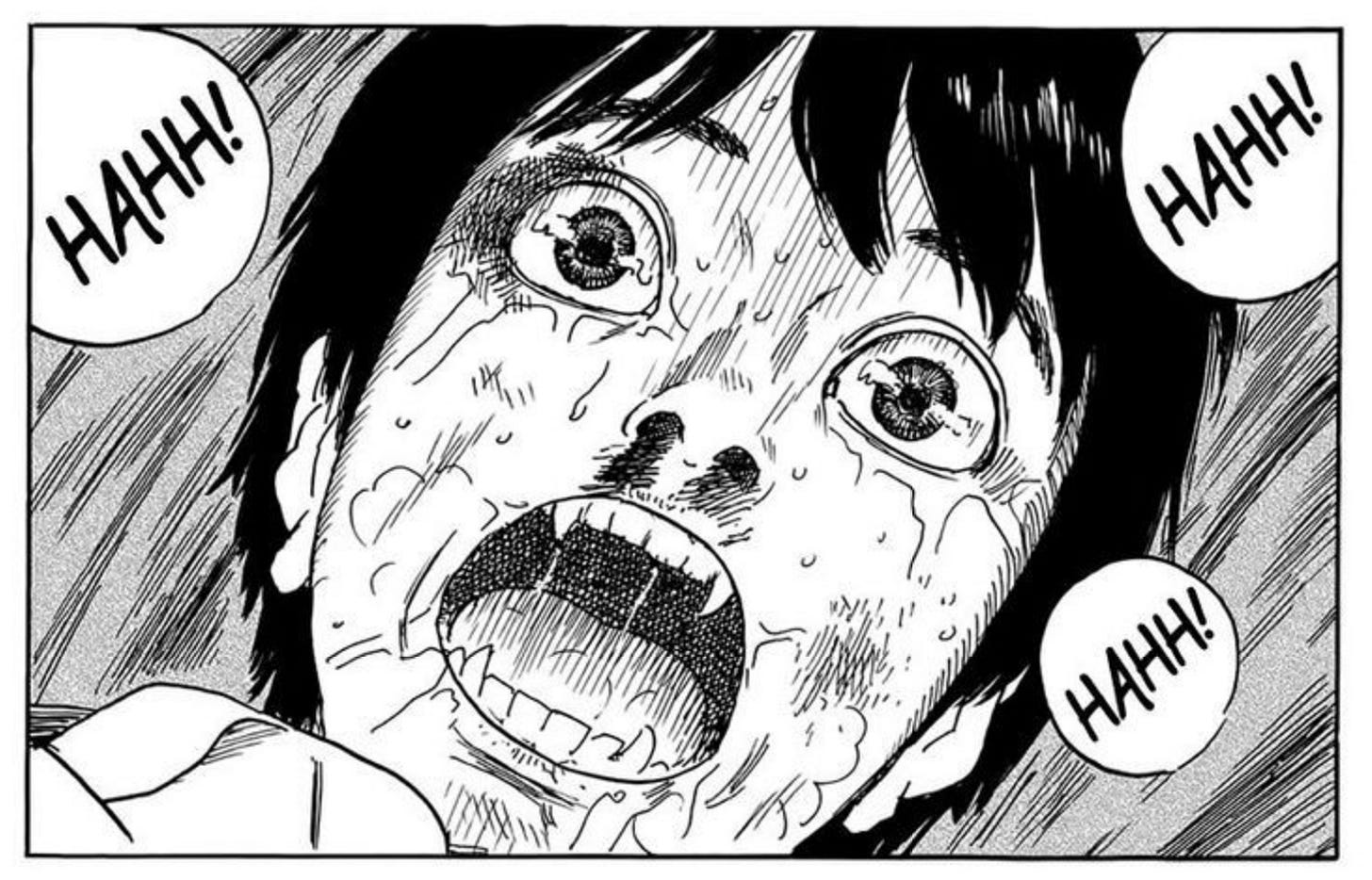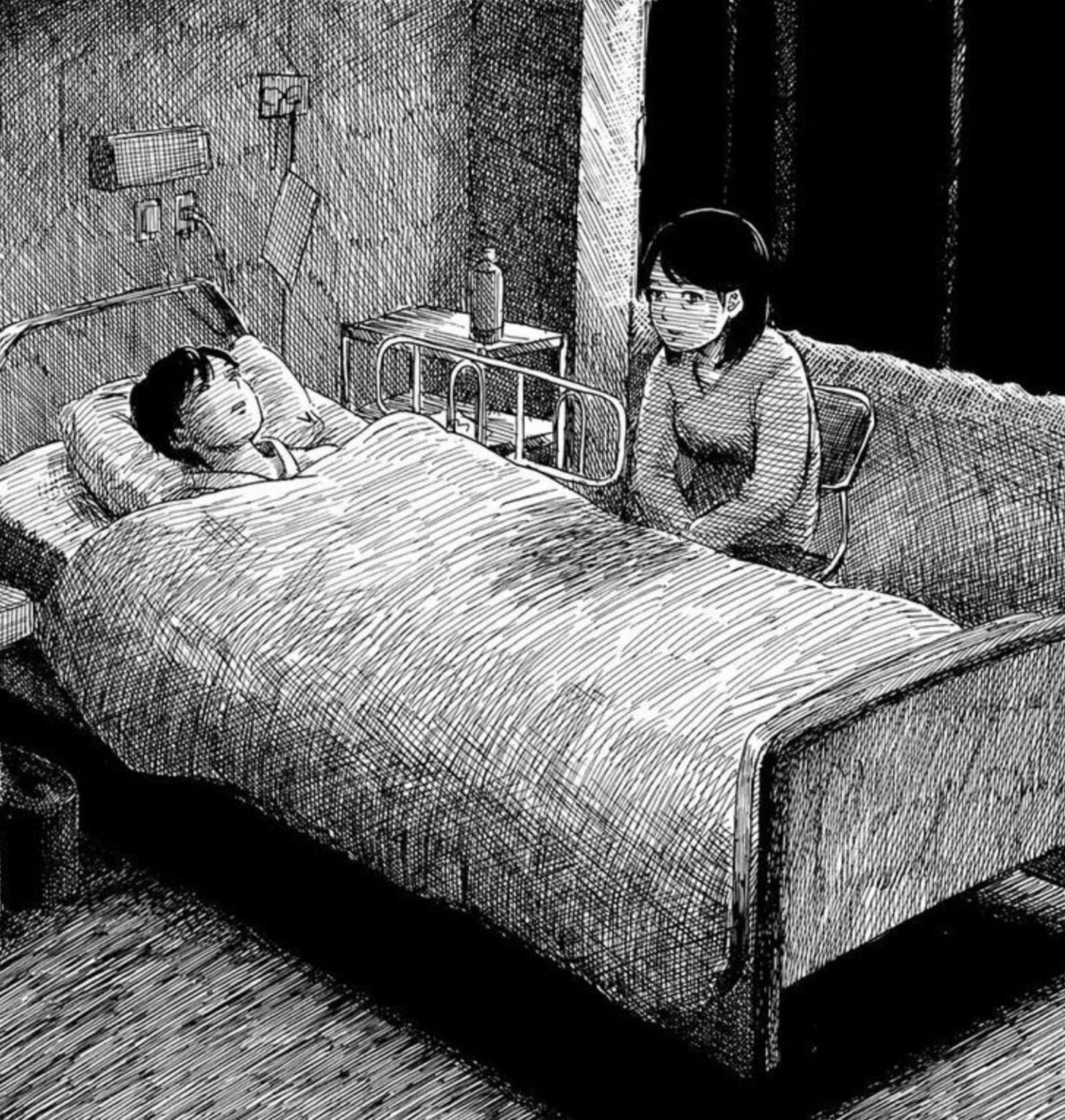I’ve been making an effort to read a lot more manga lately. I love anime but there are heaps of series that just aren’t animated yet, with the possibility that they never will be.
I started out by reading Pure, Shameful and Irritating last year when it first started being published and am thoroughly enjoying following a manga chapter by chapter. I think my initial resistance towards manga came from the fact that I was reading things that were already completed and I found it pretty overwhelming to go into a series with hundreds of chapters.
But these past few months I’ve been more active in my manga consumption. I try to read at least one chapter a day. About a month ago, I came across a completed series called Happiness, by Shuuzou Oshimi. I knew him for his manga, Aku no Hana, because I watched the controversial anime adaptation when it aired in 2013. He’s also known for other manga in the psychological genre, such as Inside Mari and Blood on the Tracks. I’ve been reading Blood on the Tracks as each chapter comes out once a month, and it’s been a rollercoaster of lies and anguish – everything I could ever want from an Oshimi series.
While Happiness does have Oshimi-esque themes and mood, it also uses mythology to draw in the reader. Vampires exist in this 50 chapter manga from 2015. I think it’s because of this that the series is viewed by readers as one of Oshimi’s less popular works. His ability to explore the darkness of the human psyche through manga hits very close to home for readers – mostly in the basement of their brains.
This is what Happiness is missing. For a 50 chapter vampire story (which is exactly what it is), it’s a fantastic manga. But if you’re going into this series expecting to be psychoanalysed by your favourite mangaka, you’ll be disappointed. The addition of vampires downplays the psychological turmoil of the characters thanks to their sudden discoveries of the mythological creature. For the characters that turn into vampires, all of their inner thoughts become more primal, and while there is character development, it’s less about delving into their feelings and thoughts, and more about how to not murder their whole families.
I think Oshimi does a fantastic job of creating a work about the occult, myths and legends. But if you’re looking for something with more psychological horror, you’re better off sinking your teeth into his other works.
You should read this if: you like a bloody good vampire story.
Recommended / Mixed feelings / Not recommended







